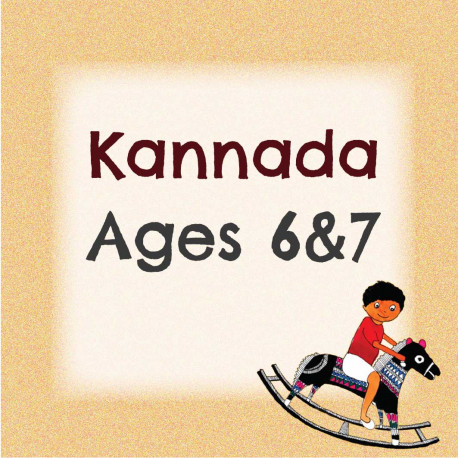
Influences of other languages such as Prakrit and Pali can also be found in Kannada. Kannada is influenced to a considerable degree by Sanskrit. Steever, its history can be conventionally divided into three stages: Old Kannada ( Halegannada) from 450–1200 AD, Middle Kannada ( Nadugannada) from 1200–1700 and Modern Kannada from 1700 to the present. Kannada is a Southern Dravidian language and according to scholar Sanford B. In July 2011, a center for the study of classical Kannada was established as part of the Central Institute of Indian Languages in Mysore to facilitate research related to the language. īased on the recommendations of the Committee of Linguistic Experts, appointed by the ministry of culture, the government of India designated Kannada a classical language of India. Kannada literature has been presented with 8 Jnanapith awards, the most for any Dravidian language and the second highest for any Indian language. Kannada has an unbroken literary history of over a thousand years. Kannada is attested epigraphically for about one and a half millennia and literary Old Kannada flourished in the 6th-century Ganga dynasty and during the 9th-century Rashtrakuta Dynasty. The Kannada language is written using the Kannada script, which evolved from the 5th-century Kadamba script. It is one of the scheduled languages of India and the official and administrative language of the state of Karnataka. Kannada was the court language of some of the most powerful dynasties of south and central India, namely the Kadambas, Chalukyas, Rashtrakutas, Hoysalas and the Vijayanagara empire. Kannada is also spoken as a second and third language by over 12.9 million non-native speakers in Karnataka, which adds up to 56.9 million speakers. The language had roughly 43 million native speakers by 2011. The language is also spoken by linguistic minorities in the states of Maharashtra, Andhra Pradesh, Tamil Nadu, Telangana, Kerala and Goa and also by Kannadigas abroad. Please look at the FAQ if you have any query.Kannada ( / ˈ k ɑː n ə d ə, ˈ k æ n-/ ಕನ್ನಡ, less commonly known as Kanarese) is a Dravidian language spoken predominantly by the people of Karnataka in the southwestern region of India. Steps for setting up NDLI-Club at your institute.
#Kannada books online library registration
Institutional Registration Certificate and students get Event

which will be visible in the NDLI-ClubĪnd once the institute conducts events in its NDLI-Club, it gets Once an institute gets registered in the NDLI-Club portal ( )Īnd makes its students members of the NDLI-Club, the institute OnlineĮvents can be conducted through the NDLI-Club platform itself To facilitate learning among students through activities. Quiz sessions or debate competitions. The benefit is

#Kannada books online library Offline
Webinars by experts on specific topics or onĮxamination preparation strategy. Examples of offline events are Of an institute using contents of NDLI (and others as well) andĮngaging experts (of the institute as well as external) to deliver Well as involving many other institutes) and offline, for students Institute through the NDLI-Club portal ( ).Ĭonducting learning-oriented events, both online (both local as Institute and University) needs to set up an NDLI-Club in the Institutional Registration No., the institute (School, College, It is developed, operated and maintained from Indian Institute of Technology Kharagpur.įor Institutional Registration of NDLI and to get the NDLI It is designed to enable people to learn and prepare from best practices from all over the world and to facilitate researchers to perform inter-linked exploration from multiple sources. It is built to provide support for all academic levels including researchers and life-long learners, all disciplines, all popular forms of access devices and differently-abled learners. NDLI is designed to hold content of any language and provides interface support for 10 most widely used Indian languages. Services for Researchers and general learners are also provided. NDLI provides user group-specific services such as Examination Preparatory for School and College students and job aspirants. Filtered and federated searching is employed to facilitate focused searching so that learners can find the right resource with least effort and in minimum time.

It is sponsored and mentored by Ministry of Education, Government of India, through its National Mission on Education through Information and Communication Technology (NMEICT).

National Digital Library of India (NDLI) is a virtual repository of learning resources which is not just a repository with search/browse facilities but provides a host of services for the learner community.


 0 kommentar(er)
0 kommentar(er)
